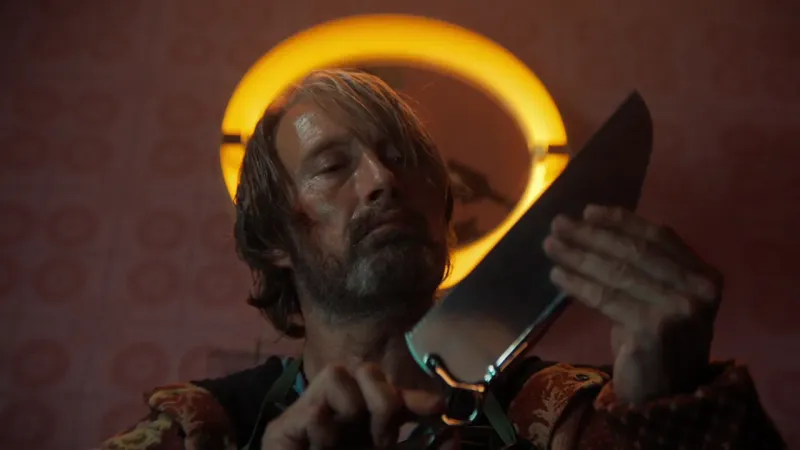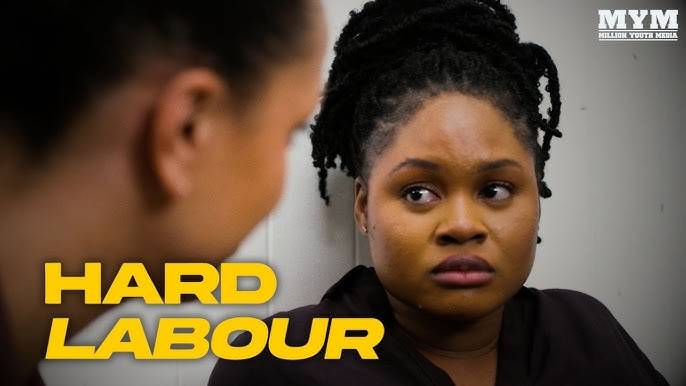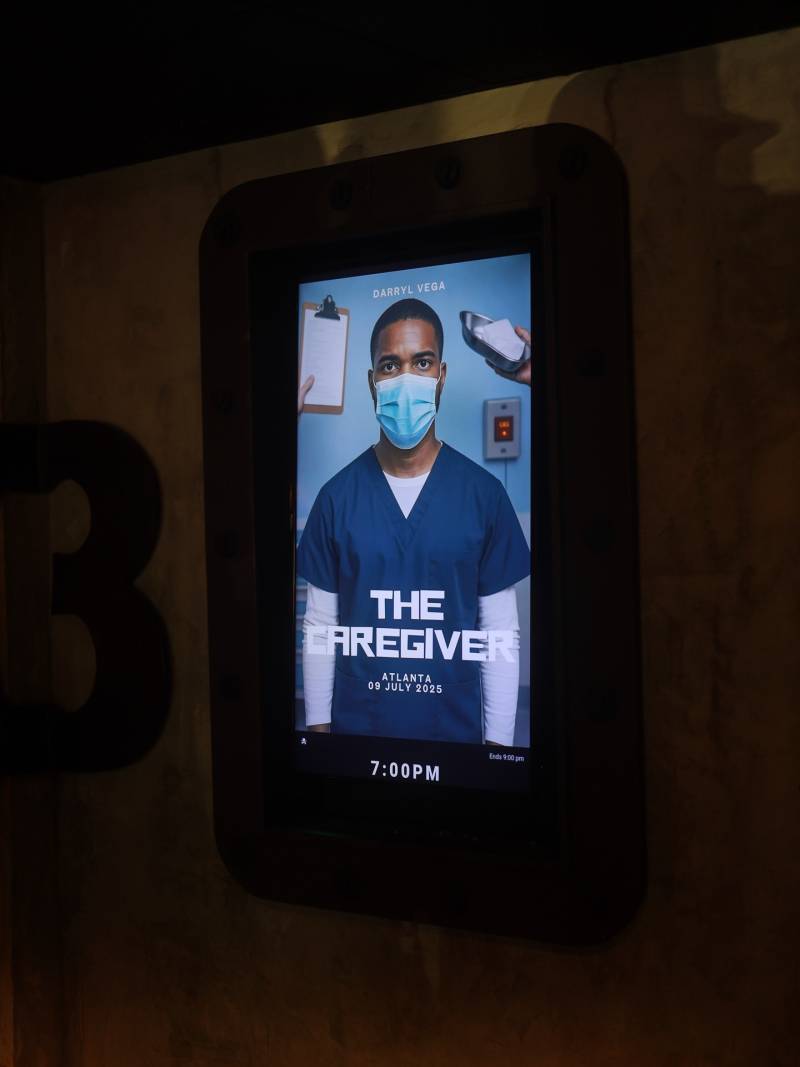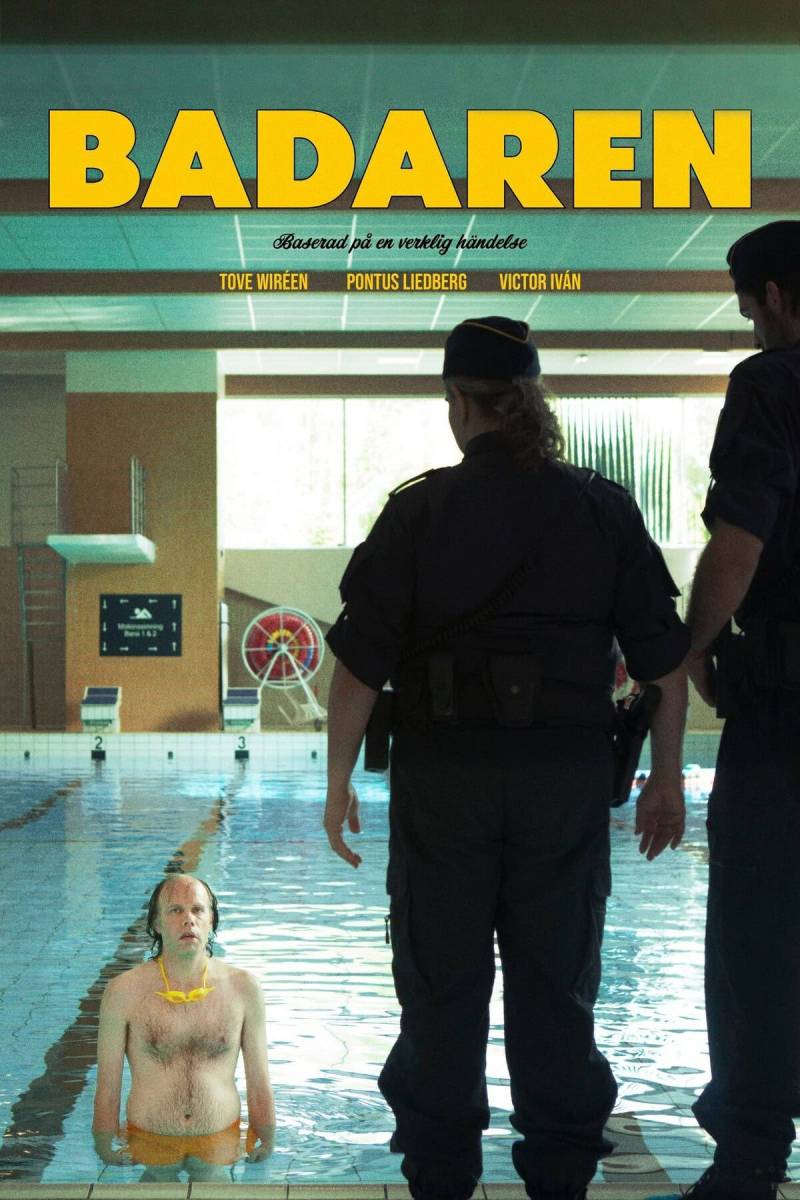There’s a specific kind of silence that falls in a room when someone dares to challenge the authority of an “auntie.” It’s the silence between disbelief and thunder — a charged space that feels both sacred and volatile. And in the latest episode of Hear Me Out, that silence was pierced with bold, outrageous, and — perhaps surprisingly — necessary questions: Are aunties the worst role models in humanity?
This isn’t a joke. It’s not even just clickbait. It’s a provocation. One hurled into a room packed with not only opinionated ex-police officers but women whose presence, language, and lived experience often command deference. And yet, Whitney Adebayo, Harry Pinero, Ava Hirons, and Papz didn’t come to flatter. They came to challenge — with trembling voices, sharp wit, and vulnerable truth. At face value, the claim seems wild, if not offensive. Aunties — the familiar fixtures in our communities, the kitchen-table philosophers, the unshakable matriarchs — being dubbed the worst role models? But what if we let that sentence breathe? What if, for once, we set aside cultural reverence and asked: what kind of power have aunties wielded, and how has it shaped us, for better or worse?
Related article - Uphorial Podcast
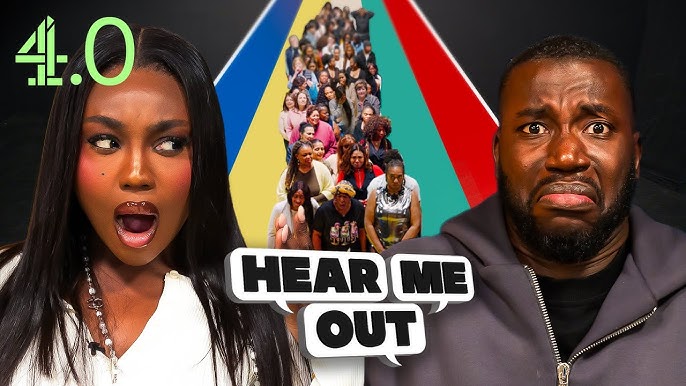
Because here’s the thing: role models don’t just bake jollof or braid your hair while humming gospel. They also tell you who not to date, what not to wear, how not to speak, and most crucially, who not to be. And often, behind the “I’m saying this out of love” lectures lies a deep well of inherited trauma, projection, and survivalist fear. Whitney, in this episode, speaks not from rebellion but from fatigue — the exhaustion of being shaped by women who themselves were never allowed to live freely. Her voice carries both accusation and compassion: “How do you pass down freedom when you were only taught control?” she seems to ask. And it’s a fair question. Harry Pinero, always the wild card, throws in humor that burns at both ends. He points out the contradictions — the same auntie who criticizes you for staying out late was once sneaking out of the house at 17. The one who says, “No man will marry you with that attitude” never dared to challenge her own. And the worst sin of all? They pretend their way is the only way. But this conversation isn’t about blame. It’s about reckoning. About recognizing that many “aunties” were forced to become gatekeepers of patriarchy, not by choice, but by necessity. They survived wars — some literal, most emotional. They built families, raised kids, and carried culture on their backs. But in doing so, some have forgotten how to evolve.
Ava Hirons brings it home with a quiet kind of grace: “We need to stop shaming women who want to live differently. Wanting love on your terms doesn’t make you disrespectful. It makes you human.” And in that moment, you realize this episode isn’t a takedown. It’s a mirror. For every listener who’s ever felt judged, stifled, or rejected by an elder who meant well but hurt them all the same, this is the conversation we never dared to start. Are aunties the worst role models in humanity? Maybe not. But are they always the best? That’s the real question. What’s happening here — in the debate, in the laughter, in the frustration — is generational healing disguised as chaos. These panelists didn’t come to cancel aunties. They came to beg them: Please, let us be more than your reflection. And maybe that’s the most radical form of respect there is.
